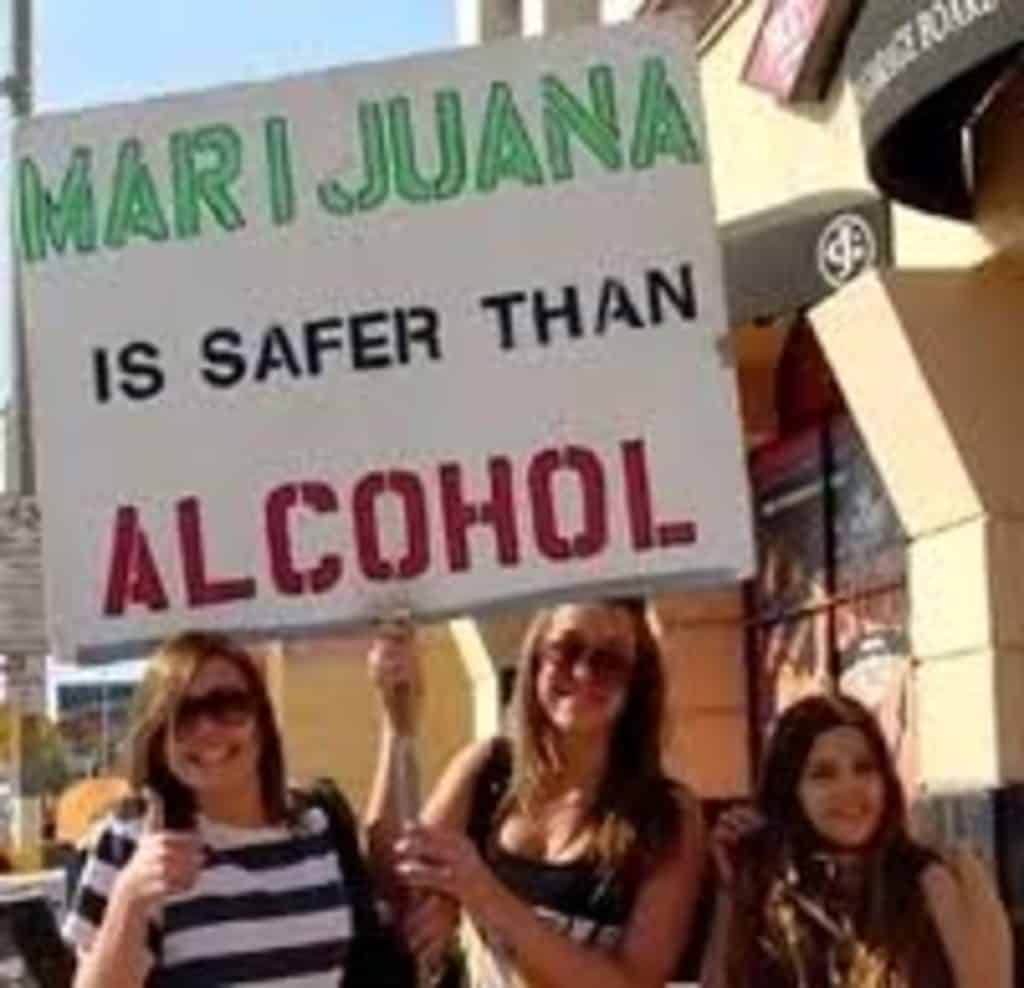
By Dan Murphy
Legalizing recreational marijuana is coming closer and closer to reality in New York State. “If the Legislature passed a bill I will sign it,” said Governor Andrew Cuomo recently. “I also want to make sure it is done correctly–we want a goal of social equity, we want to make sure young people can’t get it. We want to make sure there are advantages to communities that have been oppressed.”
Cuomo is currently touring states that have legalized marijuana, including Massachusetts, Illinois, California and Colorado, to see what works and what New York State could use for its law.
Cuomo has also hired a cannabis policy advisor, Norman Birenbaum, as the state gets closer to passage, if all sides can agree to include it in the state budget due April 1, and if they can agree on where the tax revenues should go.
“This is the right thing to do for public health and public safety,” said Birenbaum, who added that New Jersey has the issue of legalizing recreational marijuana on the ballot for a November referendum. “The reality of the situation is we have adult-use cannabis today. The problem is it’s not regulated, and it is provided through the illicit market,” said Birenbaum.
“Understanding that it is a virtual foregone conclusion that this will be right over the border, I think we need to ask ourselves: Do we want New York residents going to a neighboring jurisdiction?”
New Yorkers are already traveling across the New York-Massachusetts border to purchase legal marijuana in edible and smokeable forms.
The following op-ed is from a new group called Hudson Valley Cannabis Industry Association.
Communities, Please Join the Cannabis Conversation
While cannabis is now part of the national conversation, its impacts are on a community level. National legalization is now a presidential campaign issue. To date, 33 states have legalized medical marijuana and 11 states have also legalized adult use, while 12 more states, including New York, have decriminalized possession of small amounts of marijuana.
Nationally, according to Gallup polling, 66 percent favor adult use legalization. In January, Gov. Andrew Cuomo proposed his budget, including the Cannabis Regulation and Taxation Act, which would legalize adult use in New York. While certain fictions need to be separated from facts about cannabis, citizens nonetheless have legitimate concerns about health, safety and how a cannabis market will take root in their local communities.
Whether you are for or against the use of cannabis, we believe an honest discussion with the community about policy and facts will reveal there is much more that unites us than which divides us. A top priority of any legalization plan must ensure that proper steps are taken so that minors do not have access for non-medicinal use, that we address public safety issues such as driving under the influence, and that for those who choose to use cannabis (which is a comparatively safer alternative to alcohol), they are not further exposed to counterfeit, harmful and unregulated products from the illicit market.
However, lack of community engagement and critical analysis of the rules and rollout of any legalized and taxed commercial activity will assure that the underground market continues to flourish. We co-founded the Hudson Valley Cannabis Industry Association to seek community-based dialogue about the many reasons a legal regulated market will better address everyone’s concerns about public health and safety with the ultimate goal of eliminating an unsafe underground market.
Local communities must have a say in how cannabis policy is implemented. That is critical to the conversation. Under the governor’s plan, each of the state’s 62 counties, can “opt out” and prevent their 932 towns and 62 cities, and countless villages and hamlets, from establishing cannabis-related businesses because counties are not required to engage the subordinate municipalities in their jurisdiction. We believe better results are obtained when localities have a say, and can determine for their local constituents whether to opt in or out of the legalized market.
The HVCIA seeks to foster dialogue to address questions and concerns about adult use legalization in New York State. This is a local matter that should be given serious consideration as legislators weigh the budget bill. Factors to consider include tangible benefits. For example, whether legalization can improve communities with social justice programs that prioritize licensing to minorities who were disproportionately impacted by cannabis arrests – a top priority of the governor and State Legislature, and whether the market will spur ancillary employment in a cannabis economy. For instance, permitting cultivation facilities and retail shops creates a demand for trained electricians, glaziers, ventilation technicians and the like, which leads to income that increases discretionary spending and local tax revenue.
Local stakeholders will also want a primary say in the time, place and manner where cannabis businesses operate, so that the market can be integrated in a way that respects the character of our communities. The HVCIA encourages all governmental leaders to “opt-in” to the conversation and solicit the thoughts of their constituents before making their determinations.
Andrew Schriever, Esq.
David Holland, Esq
Co-founders, Hudson Valley Cannabis Industry Association





